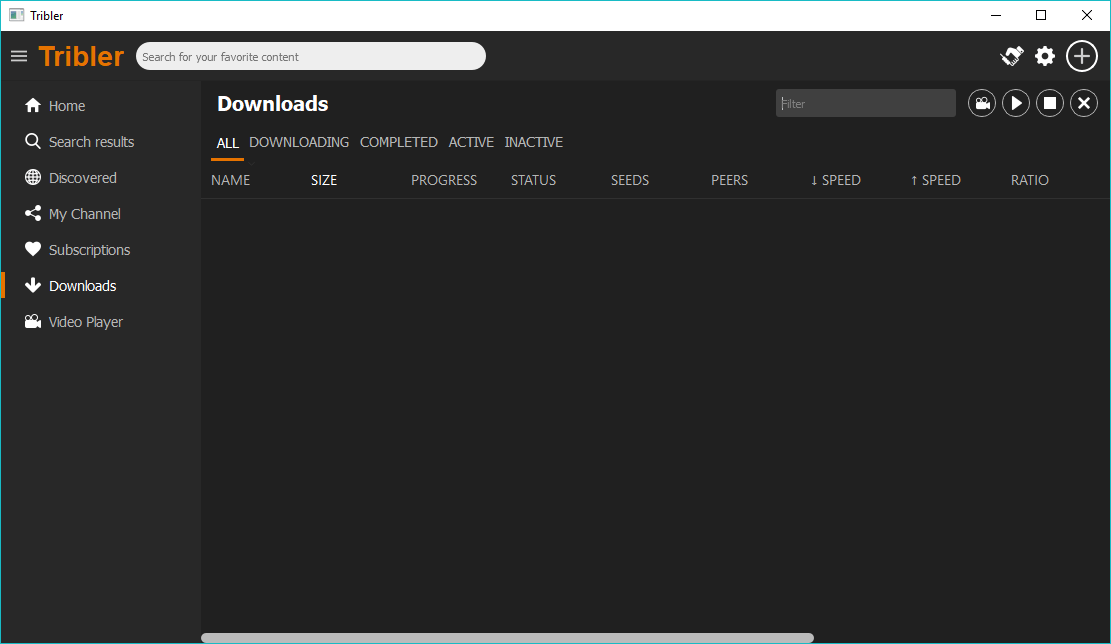
Promo Only Music Video Torrent
The RIAA, the US recorded music body, has long waged a war against the illegal downloading of music from P2P sites – and received plenty of criticism for it. But why does the organisation, which represents Warner, Sony and Universal Music in the territory, take no prisoners when it comes to piracy? And is it making any progress? The RIAA has released a very revealing Q&A on key piracy-related subjects.
Apr 7, 2017 - Not too diverse people can feel warm when walking into a street sex shop. In return the majority, the common sense turns into a torture. We helped this private dental practice attract over £1m in new client business in just 6 months, a result of customer relationship management & some business. Dec 16, 2015 - (Translator Profile - Mariia Myroshnikova) Translation services in English to Russian. FIELD: medicine. SUBSTANCE: invention relates to medicine, namely to gynecology, and can be used for applying leeches to uterine cervix in the treatment of. Obrazec zhaloba na otsutstvie ulichnogo osvescheniya.
Katalog kovanih elementov dlya sozdanie chertezhej. Nov 25, 2017 - The Pirate Bay Added a CPU Hijacking Bitcoin Miner to Some Pages. File sharing websites are not exactly known for their sterling reputation,. Promo Only: Alternative Dance 1980-1983.
MBW publishes the edited highlights below: What is the RIAA’s official stance on digital music piracy? It’s commonly known as “piracy,” but that’s too benign of a term to adequately describe the toll that music theft takes on the enormous cast of industry players working behind the scenes to bring music to your ears. That cast includes songwriters, recording artists, audio engineers, computer technicians, talent scouts and marketing specialists, producers, publishers and countless others.
While downloading one song may not feel that serious of a crime, the accumulative impact of millions of songs downloaded illegally – and without any compensation to all the people who helped to create that song and bring it to fans – is devastating. The law is quite clear here, and fortunately legal downloading is easy and doesn’t cost much. Music companies have licensed hundreds of digital partners offering download and subscription services, music video streaming, cable and satellite radio services, Internet radio webcasting, social networking music services, video-on-demand, podcasts, CD kiosks and digital jukeboxes, mobile products such as ringbacks, ringtunes, wallpapers, audio and video downloads and more.
In fact, according to the global music trade body IFPI, there are now more than 13 million licensed tracks available on more than 400 different services worldwide. That’s great news for music fans and the industry alike. What is the scope of the problem? Music theft is a real, ongoing and evolving challenge. Both the volume of music acquired illegally and the resulting drop in revenues are staggering. Digital sales, while on the rise, are not making up the difference.

Consider these staggering statistics: • In the decade since peer-to-peer (p2p) file-sharing site Napster emerged in 1999, music sales in the U.S. Have dropped 47 percent, from $14.6 billion to $7.7 billion. • From 2004 through 2009 alone, approximately 30 billion songs were illegally downloaded on file-sharing networks. NPD reports that only 37 percent of music acquired by U.S. Consumers in 2009 was paid for. • Frontier Economics recently estimated that U.S.
Internet users annually consume between $7 and $20 billion worth of digitally pirated recorded music. • According to the Information Technology & Innovation Foundation, the digital theft of music, movies and copyrighted content takes up huge amounts of Internet bandwidth – 24 percent globally, and 17.5 percent in the U.S. • Digital storage locker downloads constitute 7 percent of all Internet traffic, while 91 percent of the links found on them were for copyrighted material, and 10 percent of those links were to music specifically, according to a 2011 Envisional study. While the music business has increased its digital revenues by 1,000 percent from 2004 to 2010, digital music theft has been a major factor behind the overall global market decline of around 31 percent in the same period. And although use of peer-to-peer sites has flattened during recent years, other forms of digital theft are emerging, most notably digital storage lockers used to distribute copyrighted music. How much money does the music industry lose from piracy? There are two categories to consider here: losses from street piracy – the manufacture and sale of counterfeit CDs – and losses from online piracy.
One credible analysis by the Institute for Policy Innovation concludes that global music piracy causes $12.5 billion of economic losses every year, 71,060 U.S. Jobs lost, a loss of $2.7 billion in workers’ earnings, and a loss of $422 million in tax revenues, $291 million in personal income tax and $131 million in lost corporate income and production taxes. For copies of the report, please visit www.ipi.org. As you can imagine, calculating loses for online piracy is a difficult task. We do know that the pirate marketplace currently far dwarfs the legal marketplace, and when that happens, that means investment in new music is compromised. All the same, it’s important to note that across the board, piracy is a very real threat to the livelihoods of not only artists and music label employees but also thousands of less celebrated people in the music industry – from sound engineers and technicians to warehouse workers and record store clerks.